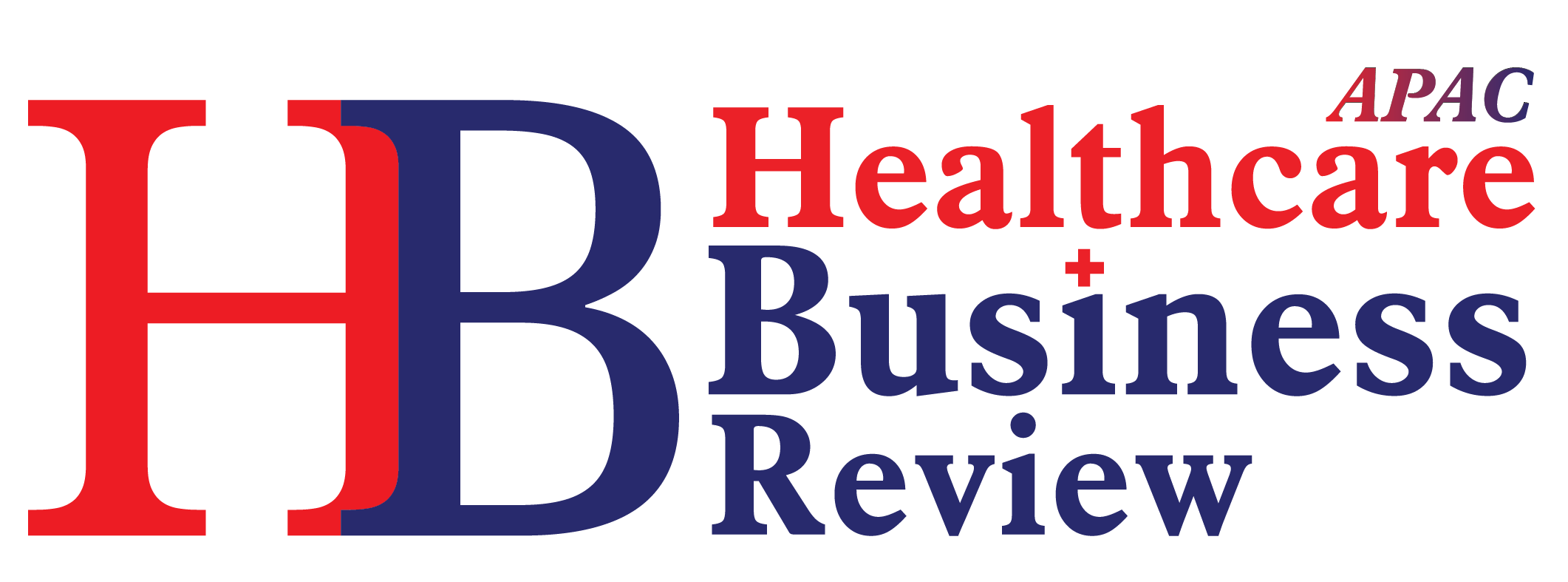Thank you for Subscribing to Healthcare Business Review Weekly Brief

Current Trends and Challenges Impacting the Healthcare Staffing Industry in Australia
Healthcare Business Review
Chris Galvin has worked in recruitment and talent acquisition for the past 10 years with more than 4 years in the allied health sector across workplace rehabilitation and National Disability Insurance Scheme (NDIS). Chris has a strong focus in optimizing the candidate experience and ensuring the recruitment process is smooth and seamless.
What Are Some Of The Major Trends And Challenges That Are Impacting The Healthcare Staffing Industry Today In Australia?
The healthcare staffing industry is undergoing significant transformations and facing various challenges with the introduction of the National Disability Insurance Scheme (NDIS) in Australia.
The NDIS package, worth 60 billion dollars per year, has led to a surge in the need for allied health professionals. However, there is a shortage of qualified professionals, particularly in fields such as speech pathology and occupational therapy. The demand for these specialists far exceeds the available supply, creating a challenging situation for healthcare staffing in the country.
What Are The Latest Trends In Healthcare Staffing Space? What Are The Transformations That Are Really Impacting The Industry Today?
A notable trend in the healthcare staffing space, which involves a shift towards community-based work. Rather than being confined to clinics or hospitals, healthcare professionals are increasingly providing services directly in people’s homes. This change allows for greater flexibility in working hours and location, catering to the needs of both professionals and patients. Healthcare staffing agencies and organizations are adapting to this trend by offering more community-based job opportunities.
In my experience, one of the key challenges we face is the heightened salary expectations and job mobility of healthcare professionals. With an increased awareness of their high demand, job seekers have become more assertive in negotiating salaries and seeking positions that align with their preferences. This poses a challenge for staffing agencies and healthcare providers to manage expectations while attracting and retaining talent.
Is There Any Leading Technology That Has Been Leveraging At This Point To Improve The Workflow Or To Really Have A Positive Impact When It Comes To Health Care Staffing?
To address the challenges in healthcare staffing, I firmly believe in the power of technology. Specifically, storytelling through video content has emerged as a highly effective tool for engaging with job seekers. By showcasing our company culture, values, and success stories through videos, we can establish a stronger connection with potential candidates. We have invested heavily in producing video content, releasing 1-2 videos per week. These videos depict the work we do, the clients we serve, and even fun and light-hearted moments through initiatives like our “carpool clinician” series, where employees share their experiences while commuting, creating an engaging and informative recruitment strategy. Leveraging platforms such as YouTube, LinkedIn, Facebook, Instagram, and TikTok, we have successfully attracted a wider audience and garnered interest from prospective job seekers.
Can You Tell Us About The Latest Project That You Have Been Working Or About How You Lead Your Team With Any Strategies To Make The Project Successful?
One standout project is our dedication to maintaining quality and optimizing advertisements across platforms like job search engines, LinkedIn, Facebook, and Instagram. Recently, I spearheaded a training initiative on the significance of storytelling in recruitment. This often overlooked aspect is vital in differentiating ourselves company on a deeper level. Additionally, I take pride in our “Carpool Clinician” video series, featuring humorous and informative content from various clinicians and managers at Ors Group. These videos have proven highly effective in both recruitment and marketing efforts, attracting top talent who resonate with our company culture and values.
What Are Some Of The Technological Trends Which Excite You For The Future Of The Healthcare Staffing Industry?
Looking ahead, I envision two key transformations in the healthcare staffing industry. Firstly, there is a pressing need to expand university intake for relevant healthcare courses. The current intake levels have remained largely stagnant over the past decade, which is insufficient to meet the growing demand. Secondly, I strongly advocate for easing restrictions on internationally trained healthcare staff. Many highly skilled professionals face significant hurdles in obtaining recognition for their qualifications for speech pathology and occupational therapy in Australia. By streamlining the process and welcoming these individuals, we can tap into a talent pool of passionate healthcare providers eager to contribute to the system.
"Carpool Clinician Is A Unique Concept We Have Implemented, Where Clinicians Were Pick Up In The Car And Engage In Conversations About Their Life, Work, Goals, And Personal Experiences. This Initiative Aims To Foster A Deeper Understanding And Connection Among The Clinicians And Create A More Cohesive Working Environment"
In Light Of Your Experience, What Will Be Your Advice To Fellow Peers In The Industry?
My advice to fellow healthcare industry peers is to create mediums that effectively showcase the company’s culture and values. Providing job seekers with a clear understanding of the organization and its working environment helps establish a connection and attracts suitable candidates. By utilizing video content or other means, healthcare staffing agencies can build a strong employer brand that resonates with potential candidate feelings.
Conclusion:
As a talent acquisition manager, I have witnessed firsthand the impact of major trends and challenges on the healthcare staffing industry. By recognizing the rising demand for healthcare professionals, adapting to shifting work environments, leveraging technology for effective recruitment, and embracing future transformations, the industry can overcome its challenges and continue to provide quality healthcare who in need.









